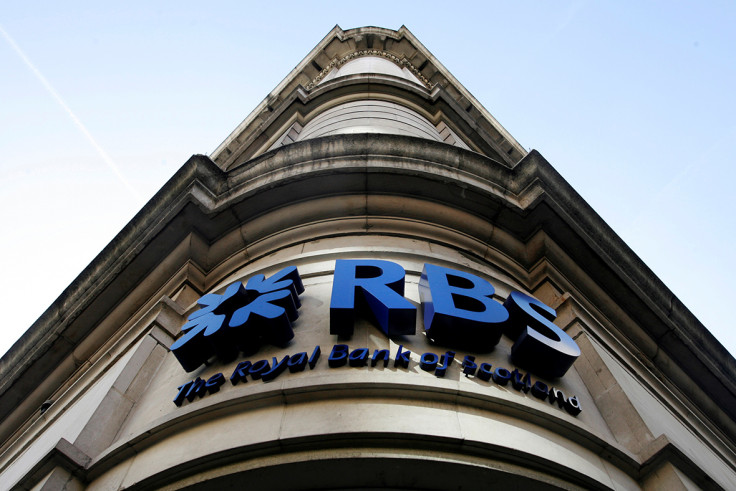RBS to set aside £3.1bn more to cover fines
Provision brings the total amount RBS has set aside for fines to £6.7bn.

Royal Bank of Scotland is to set aside multi-billion pounds of extra money to cover charges for mis-selling mortgage-backed securities.
The bank announced on 26 January that it will take a one-time charge of £3.1bn ($3.9bn) in order to pay a massive fine from the US Department of Justice.
It brings the total amount RBS has set aside for fines to £6.7bn.
Citing sources in Whitehall, Sky News reported earlier that the Treasury had been informed that RBS directors will discuss the one-time charge at a board meeting this week.
The provision will be included in RBS' 2016 full-year results and could result in the lender reporting one of its biggest annual losses since the 2008 financial crisis.
RBS' fourth-quarter results are due out on 24 February.
The bank, which is 72%-owned by taxpayers, has been preparing for a mammoth settlement with the Department of Justice for its role in selling risky mortgages in the run-up to the financial crisis.
UK Financial Investments – which manages taxpayers' stake in RBS – said last year that the final settlement amount could be as high as $12bn.
"RBS continues to cooperate with the US Department of Justice in its civil and criminal investigations... and RBS considers it appropriate to take this provision now in relation to those investigations," the bank said in a statement.
"The duration and outcome of these investigations... remain uncertain, including in respect of whether settlements for all or any of such matters may be reached."
RBS chief executive Ross McEwan said: "Putting our legacy litigation issues behind us, including those relating to RMBS (US residential mortgage-backed securities), remains a key part of our strategy.
"It is our priority to seek the best outcome for our shareholders, customers and employees."
In September last year, RBS agreed to pay $1.1bn to a US regulator to settle claims that it mis-sold mortgage securities in the run-up to the financial crisis.
The lender did not admit fault under the terms of the settlement agreed with the National Credit Union Administration Board.
© Copyright IBTimes 2025. All rights reserved.






















